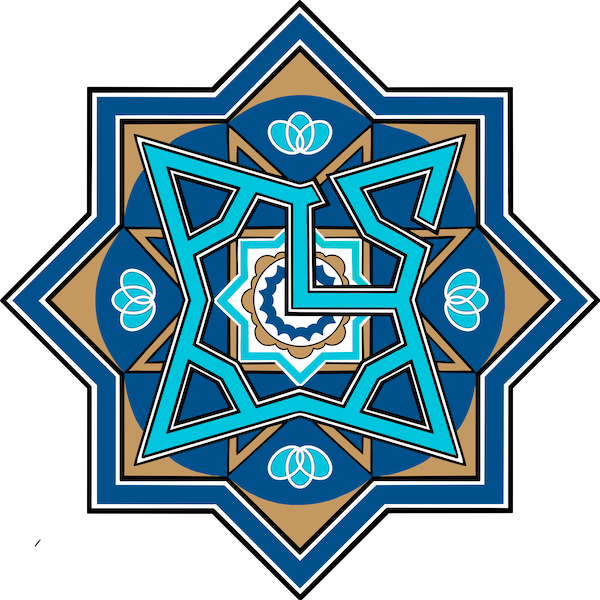The Arab American Studies Association mourns the deaths of Delaina Ashley Yaun, Xiaojie Tan, Daoyou Feng, Soon Chung Park, Hyun Jung Grant, Sun Cha Kim, Yong Ae Yue, and Paul Andre Michels as we recognize the intersectional nature of institutional oppressions that underpins such violence.
The mass shooting at three spas and massage businesses in Georgia this month, which resulted in the murder of eight people, including six women of Asian background, reminds us of the gendered nature of racist violence. According to Stop AAPI hate, Asian and Asian American women have disproportionately experienced discrimination in the midst of a devastating global pandemic. As we said in our covid-19 statement one year ago, the metaphor of contagion has long been linked to racist and imperialist discourses describing people of color and formerly colonized people as uncontrollable, dangerous pathogens. The Asian American Feminist Collective explains that historically “racialized regulations around mobility and migration mark certain people as unfit and unwell, or dangerous and unwelcome.” Contemporary statements by US government officials that have labeled the SARS-CoV2 virus as a “China virus” or “Kung Flu” work to “disinhibit” expressions of anti-Asian racism and violence, building on and fueling a long legacy of scapegoating and xenophobia targeted toward Asian/Americans.
Comments casting racist, sexist, and xenophobic violence in individualized terms — such as claims that the suspect “had a bad day” — ignore the larger context of heteropatriarchal white supremacy that sanctions and upholds such violence. Claims about the shooter’s addictions further rely on tired stereotypes in US popular culture that cast Asian American women as sexualized, objectified, and submissive to white male fantasy. Moreover, they obscure the more general historical links between policing and white male vigilantism. The overlapping institutions of police and military uphold state violences that both tacitly and overtly condone such supposedly individual acts. Asian women have long been fetishized through associations with sex work, both in domestic service-industry labor and through US military occupations and bases, which have placed Asian women in positions of sexual exploitation. These associations themselves can have deadly consequences, as this latest violence demonstrates. As Red Canary Song notes “Asian massage workers are harmed by the criminalization of sex work, regardless of whether they engage in it themselves.” We are reminded of how often precarious, gendered labor — which has only become more deadly during the global pandemic — is often carried out by exploited and demonized migrants.
The Arab American Studies Association stands against sexualized and gendered racism as we work to uplift Asian American and Pacific Islander communities today and every day.
March 23, 2021
